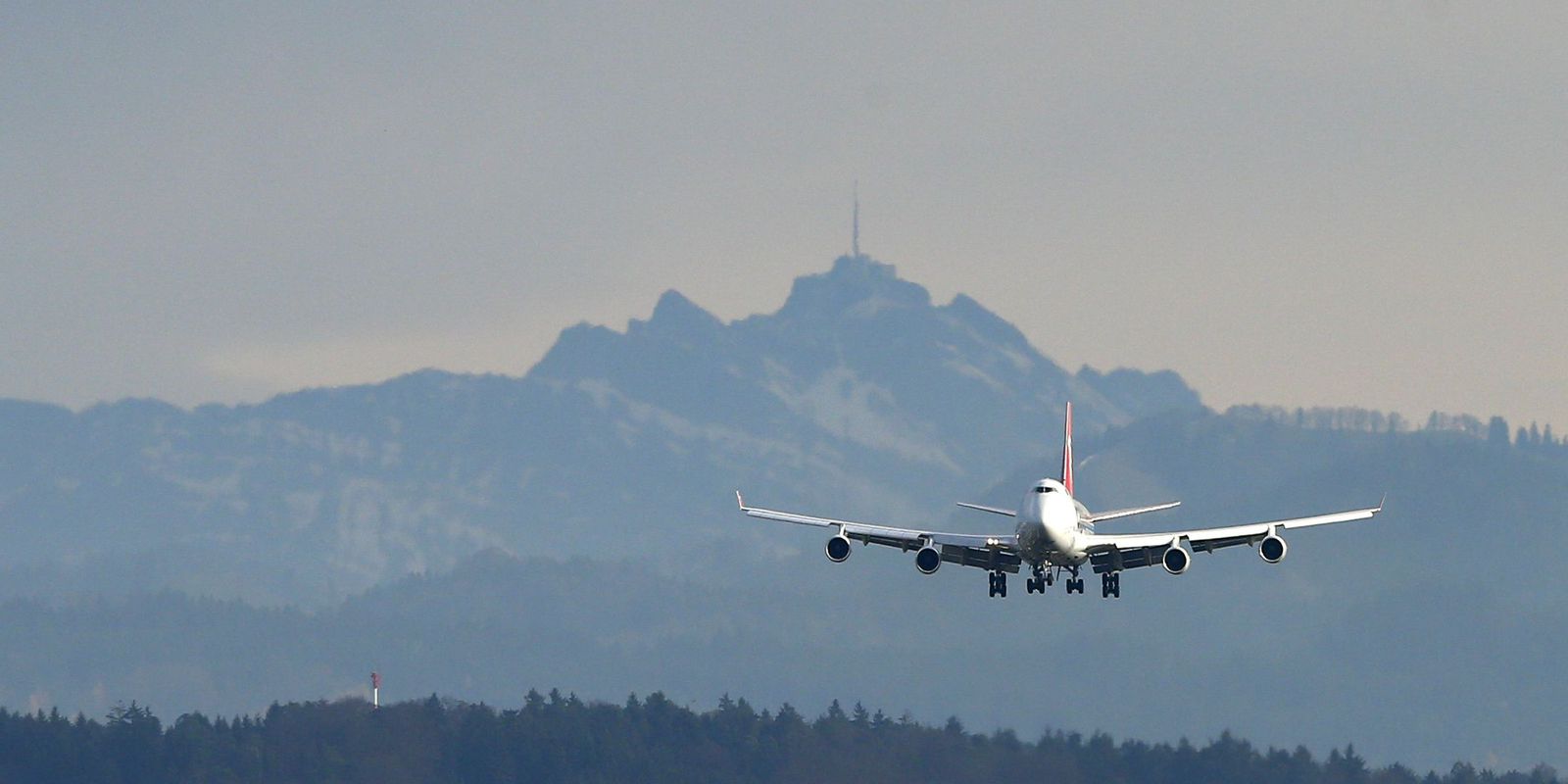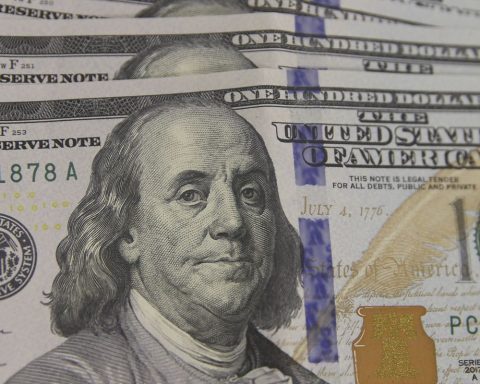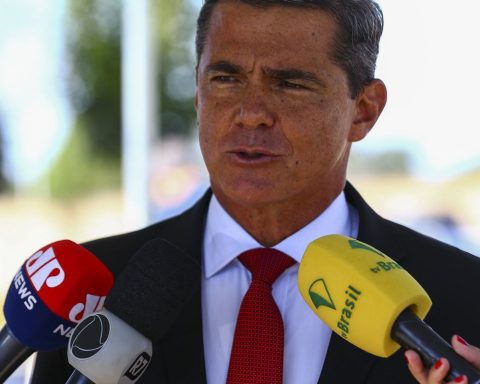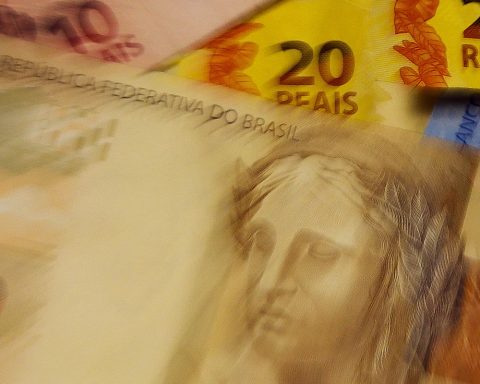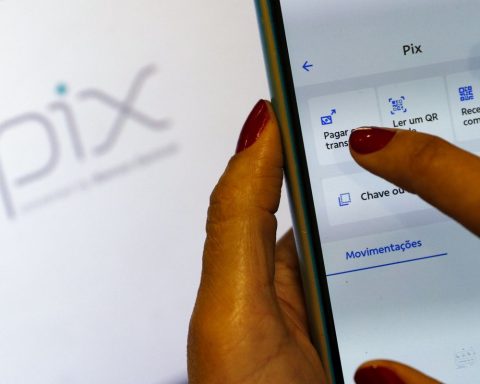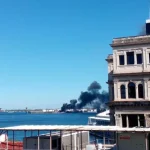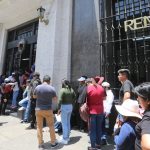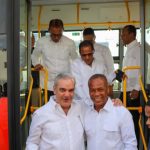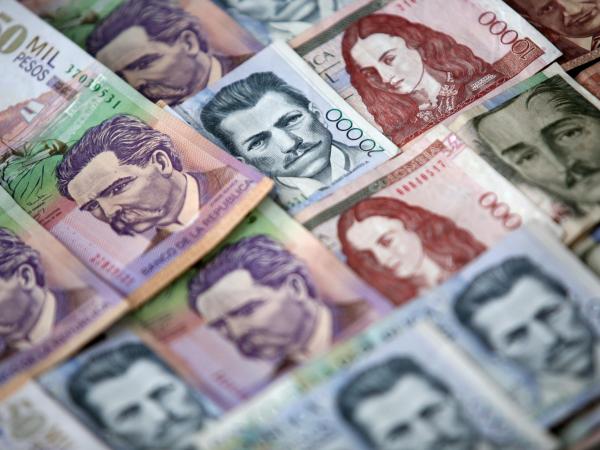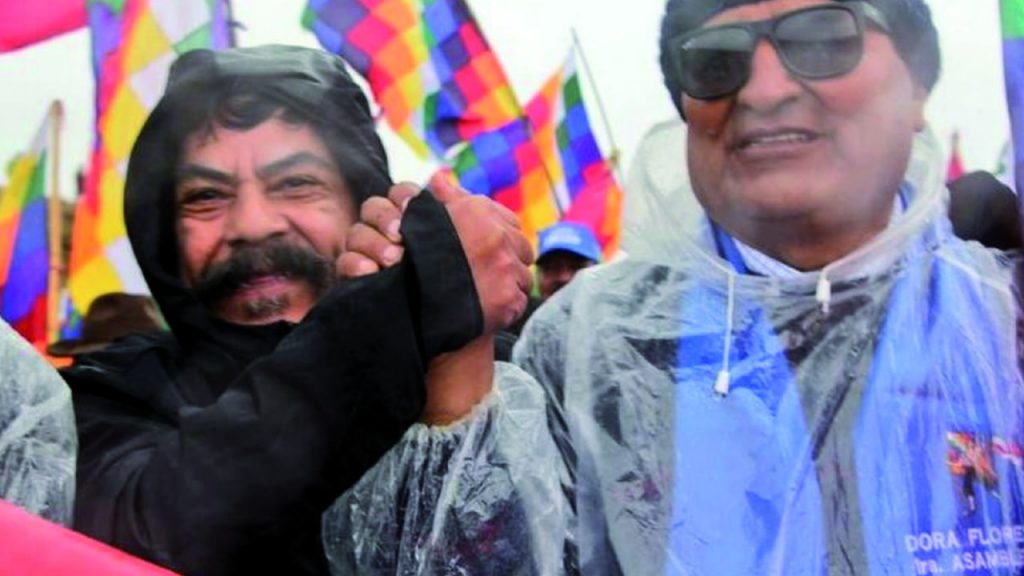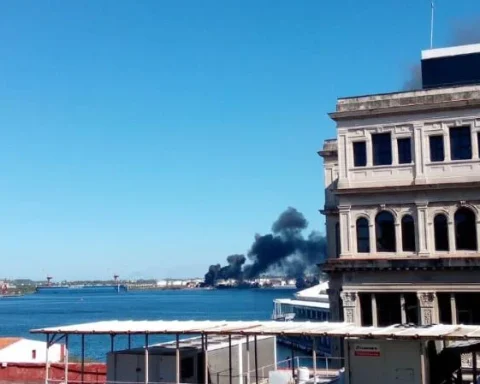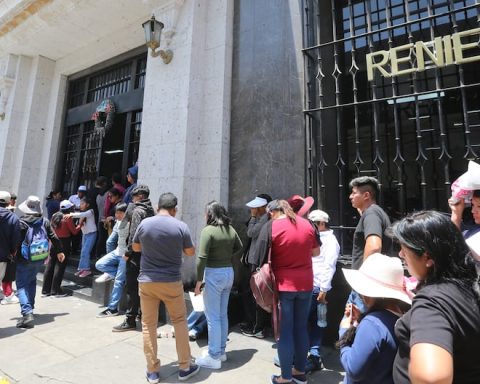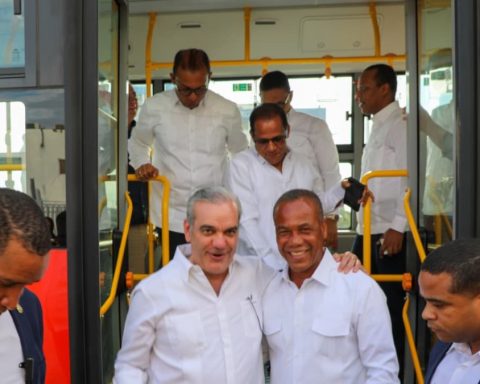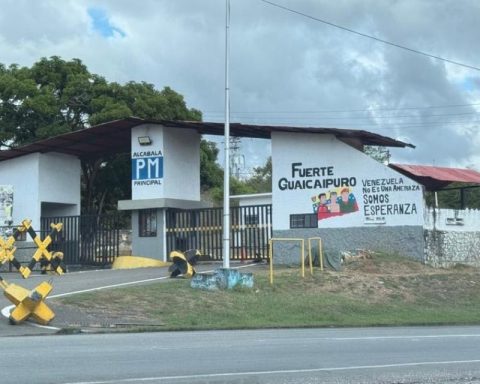Brazilian tourism should end the year with 16% growth and sales of R$ 130 billion, 22% less than in the pre-pandemic period, according to data from a survey by the Tourism Council (CT) of the Federation of Commerce of Goods , Services and Tourism of the State of São Paulo (FecomercioSP).
The segments that registered the most expressive results, as of the fourth month of the year, were air transport, with an annual increase of 83.9%, and accommodation and food services, which had an increase of 61.9%. “However, the basis of comparison explains the result, as these were the sectors that most suffered the impact of the crisis in 2020, being also below the level of April 2019”, says FecomercioSP.
According to the data, the demand of air passengers reached a level above 6 million in July, remaining at the same level in the following months. As of June these numbers were less than 5 million people. Fecomercio’s perspective is that air transport will end the year with revenues of R$ 37.8 billion, which represents an annual growth of 30.5%. “However, still 36% below the level of 2019. The projected result for the last quarter should be 12% lower compared to the same period of the pre-pandemic year”, estimates the entity.
Road transport (intercity, interstate and international), which showed relatively modest declines at the beginning of the year, should end 2021 with a 9% increase and revenues of R$ 17.7 billion (5.1% below the level of 2019). For waterway transport, the projected increase is 8.4% (R$ 467 million in absolute values).
For the car rental group, agencies and tour operators, the expectation is that there will be an increase in sales of 4.2%, reaching R$29 billion. Compared to 2019, the level is still 8.5% below that obtained. Although negative, it is one of the most favorable relative results among the sectors analyzed by the survey. The last quarter should register a growth rate of 7%.
The data also indicate that the food and accommodation group should register an increase of 15.9%, with sales of R$ 25 billion, a picture that is still negative when compared to 2019, when the increase was 26%.
For cultural, recreational and sports activities, the projection for the second half of the year is an increase of 11.7%, ending 2021 with an increase of 1.9%. In the first half of 2021 there was a drop of 7.4% in this group. “As this group depends, essentially, on the number of people fully immunized, with a well-established pace of vaccination, the trend is that there will be an increasing number of people and activities in the next year, providing conditions for a more robust recovery”, he says to FecomercioSP.
Impact of inflation on tourism
Although the numbers point to a good performance at the beginning of 2022, the inflationary process, which impacts both families and companies, may limit a more expressive growth in the sector next year, although the high dollar still maintains the attractiveness of domestic tourism , which became “discovered” by many Brazilians.
According to the president of the CT at FecomercioSP, Mariana Aldrigui, the pressure of inflation on family budgets is, and will continue to be, the most important factor to be observed in the next year, especially from March onwards, when demand starts to decrease. “Unfortunately, as in other relevant moments for tourism, very little was done in terms of investments, credit offer and innovation stimulus, which leaves Brazil even more dependent on its internal market”, he analyzed.
The survey, based on data from the Brazilian Institute of Geography and Statistics (IBGE), points out that the sector has faced inflation of 16.75% in the last 12 months. This variation is higher than the average of the Broad Consumer Price Index (IPCA), of 10.67%. That is, there is a real advance in tourism prices of 5.49%. Air tickets are the main responsible for the high. In 12 months, the price increased 50.11%, as a result of the repressed demand by the pandemic and the increase in costs, especially for kerosene (QAV), which rose 90%, according to data from the National Petroleum Agency (ANP).
According to analyzes by FecomercioSP, the rise in fuel and electricity should impact other important activities in the sector, such as hotels and transfers, which will pass on costs to consumers and tourist packages, putting pressure on values in the coming months. Although some activities still do not transfer inflation to the final price (in the case of accommodation, which had an average price increase of 4.44%), as the current inflationary process is structural, the adjustment is a matter of time and should continue, at least , until half of next year.
“The result is not surprising, since a considerable increase in demand was already expected, which was repressed over the last 18 months. Widespread increases in inputs from all sectors also contribute to the rise in prices, and it is likely that the increase curve will continue upward in the coming months (at least until Carnival), and can only be reversed in the event of a sharp drop in demand.” , said Aldrigui.
